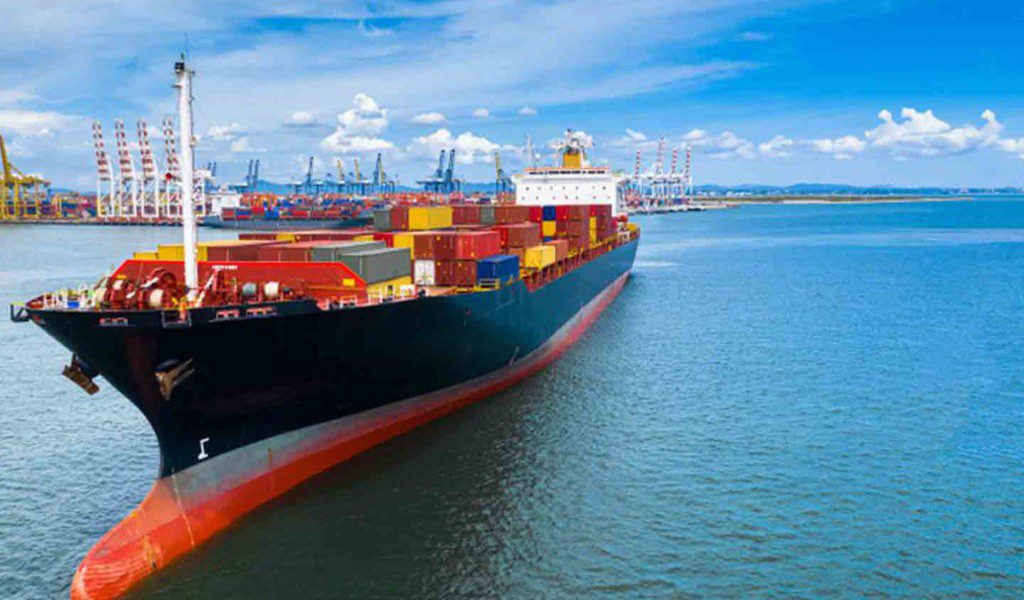WNTI and NEMO collaboration enables both low-carbon maritime mobility and clean, dispatchable energy at the point of need and sets the stage for a bold new chapter in nuclear innovation.
The World Nuclear Transport Institute (WNTI) and the Nuclear Energy Maritime Organization (NEMO) have signed a Memorandum of Understanding to jointly shape the future of nuclear-powered shipping and transportable nuclear power plants. These organizations aim to champion the development of international standards that prioritise safety, security, and sustainability in both the transport of nuclear and radioactive materials and the use of nuclear energy at sea, or remote deployment locations.
WNTI and NEMO will help shape the standards, regulatory frameworks, and technical guidance needed to unlock the full potential of these technologies by engaging with global institutions like the International Atomic Energy Agency (IAEA) and the International Maritime Organization (IMO). Their partnership comes at a pivotal moment as the IAEA looks to launch the ATLAS programme, which aims to establish a framework for the safe and secure deployment of civil nuclear applications at sea, later this year. The ATLAS programme is designed to assist countries in developing regulations and guidance for the transport of small modular reactors (SMRs) and the use of nuclear energy at sea.
Together, WNTI and NEMO will combine their expertise, industry insights, and practical experience to support the creation of safe, secure, and sustainable international standards. Deep-rooted expertise is being directed towards tackling climate change and enabling the delivery of wider United Nations Sustainable Development Goals. With the maritime shipping industry responsible for 2.9 percent of carbon emissions, civil nuclear propulsion offers a pathway to eliminate greenhouse gas (GHG) emissions from shipping by replacing fossil-fuelled engines with compact, emission-free nuclear propulsion systems.
**Transportable Nuclear Power Plants**
In a press release, WNTI stated that transportable nuclear power plants (TNPPs) can be delivered by sea or land to regions that lack reliable grid infrastructure or face energy security challenges. These reactors, once deployed, generate clean electricity – and in some cases, high-temperature steam or heat on site. TNPPs can support power-hungry applications like hydrogen generation or seawater desalination, helping to address global water scarcity by producing tens of thousands of cubic meters of potable water daily in arid or drought-prone coastal regions.
WNTI and NEMO collaboration enables both low-carbon maritime mobility and clean, dispatchable energy at the point of need and sets the stage for a bold new chapter in nuclear innovation. Prof. Pete Bryant, CEO at WNTI, said the new partnership reflects WNTI’s commitment of turning strategy into action. “We’re proud to partner with NEMO to drive the development of international standards for transportable nuclear power plants and wider applications of nuclear power in the maritime environment. This collaboration is a crucial step toward accelerating clean energy innovation, helping us tackle climate change and deliver on the UN SDGs.”
Dr Mamdouh El-Shanawany, Chairman, NEMO, said the MOU with WNTI marks a significant milestone in their shared mission to enable the safe, secure, and sustainable use of nuclear energy at sea. “By bringing together our complementary expertise, we are laying the groundwork for a new era of clean maritime transport and reliable, dispatchable energy wherever it is needed most. We look forward to working closely with WNTI to develop robust international standards and unlock the full potential of nuclear innovation to benefit coastal communities, industries, and the environment alike.”
The Partnership
It should be noted that WNTI, under the MOU, will focus on the safe transport of nuclear materials and transportable nuclear power plants, drawing on its decades of experience in international nuclear and radioactive materials movement. NEMO will lead on issues related to nuclear-powered and propelled ships, including regulation, design, and operations. And for floating nuclear power plants, both organisations will work side by side.
The partnership also supports the development of WNTI’s new 5-Year Strategy, launching later this year, which prioritises delivery, partnership, and the growth of a global nuclear and radioactive materials transport community. At the same time, NEMO is scaling its initiatives to ensure the safe integration of civilian nuclear ships and mobile nuclear technologies across global markets.




